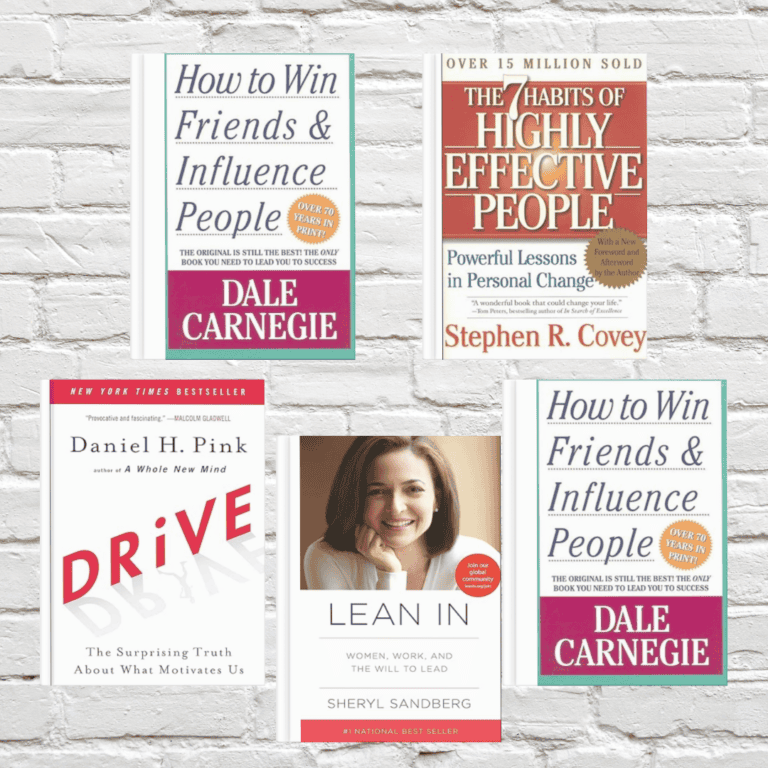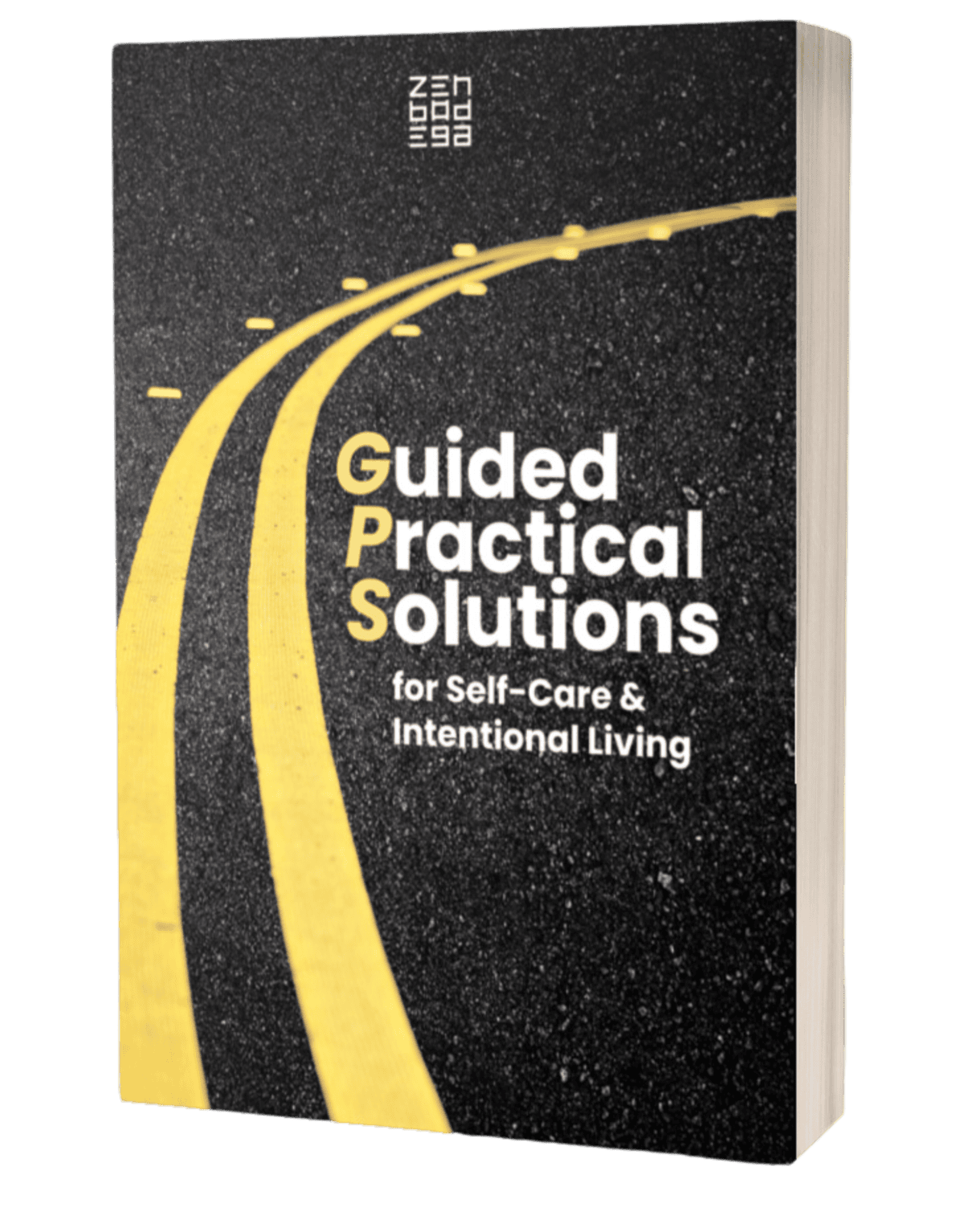Mindful Parenting Made Easy: 3 Key Tools for a Purposeful Family Routine
Ever felt like you’re just going through the motions with your family, missing out on the moments that truly matter? You’re not the only one.
Imagine a family routine where every moment is filled with purpose, understanding, and joy. That’s the heart of mindful parenting – being present and connected with our kids in a world that often moves too fast.
Get ready to transform your everyday interactions into a journey of mindfulness and connection.
The Concept of Mindful Parenting

Practicing mindful parenting is an approach that emphasizes being emotionally aware, focusing on the present moment, and responsive in our interactions with children. It involves paying full attention, acknowledging feelings without judgment, and cultivating a deep sense of empathy.
This practice is grounded in key principles like active listening, patience, and open effective communication. It’s about responding thoughtfully to our children’s needs rather than reacting based on our own emotions or stress.
This practice encourages parents to respond thoughtfully to their children’s needs, rather than reacting impulsively. As a mindful parent, you’re aware of both your feelings and your child’s feelings. You accept these feelings without judgement, and use them as a guide in your parenting decisions. T
Adopting a mindful parenting approach can have profound effects on children’s development. It fosters a safe and nurturing environment where kids feel valued and understood. Here are some key benefits:
- Emotional Intelligence Development: Children learn to understand and manage their emotions effectively.
- Enhanced Self-esteem: Kids grow up feeling more confident and valued.
- Increased Resilience: Children develop the ability to cope with challenges and bounce back from setbacks.
- Stronger Family Bonds: Mindful parenting creates deeper connections and trust within the family.
- Open Communication: Encourages honest and empathetic conversations between parents and children.
- Conflict Reduction: Helps in resolving disagreements calmly and constructively.
- Improved Social Skills: Children become more empathetic and understanding towards others.
- Better Stress Management: Kids learn healthy ways to deal with stress and anxiety.
Mindful parenting isn’t just a technique; it’s a way of life that aligns with the broader concept of intentional living. Intentional living is about making conscious choices that reflect our values and aspirations.
In the context of parenting, it means making deliberate efforts to shape a family culture that values mindfulness, empathy, and understanding.
By practicing mindful parenting in our daily routines, we can create a family life that is not only purposeful but also more harmonious and fulfilling.
This holistic approach not only benefits our children but also enhances our own well-being as parents.
Tool 1: Mindfulness and Meditation Apps

Technology has brought numerous healthy lifestyle tools right at our fingertips. Among these, Mindfulness and Meditation Apps have gained popularity for their usefulness in managing our own stress, enhancing our child management skills, and improving our overall family life.
These apps offer a variety of features that promote mindfulness, such as guided meditations, mindfulness exercises, and even built-in reminders to take a breather from our daily rush. They can serve as an essential tool in our quest for a more purposeful family routine.
Here’s a list of some popular apps that are designed to cater to both parents and children:
- Headspace: Known for its user-friendly interface and engaging content, Headspace offers guided meditations, mindfulness exercises, and sleep stories for all ages.
- Calm: This app provides a wide range of meditation techniques, sleep aids, and relaxing music. It also includes content specifically for children, making it a family-friendly choice.
- Smiling Mind: Developed by psychologists, Smiling Mind is tailored for different age groups, including programs for children, making it ideal for family use.
- Insight Timer: Featuring a vast library of free meditations, Insight Timer caters to a wide audience with its varied content and includes meditations for kids.
- Stop, Breathe & Think: This app encourages users to check in with their emotions and offers activities suited to their mood, including mindful games for children.
- Buddhify: Designed for on-the-go meditation, Buddhify offers sessions that can fit into any part of your day, including family and work life.
- 10% Happier: This app is more adult-focused but offers straightforward, effective meditation techniques that parents can share and discuss with older children.
- Mindful Powers: Specifically designed for kids, this app focuses on teaching mindfulness through a series of interactive stories.
Incorporating these apps into your family’s routine can help in developing certain behaviors that promote a calm and centered lifestyle. You can start with short, guided meditation sessions together in the morning or evening, creating a calm and centered start or end to your day.
On some peer reviewed studies, bedtime can also be an ideal time for mindfulness, using the app’s sleep stories or relaxing soundscapes to help children wind down.
Additionally, these apps often offer mindfulness exercises that can be used during moments of stress or conflict, providing a quick and effective way to regain composure and perspective.
Benefits of Using Mindfulness Apps for Family Bonding and Stress Reduction

- Enhanced Connection: Sharing mindfulness activities can strengthen the emotional bond between family members, as you collectively engage in practices that foster empathy and understanding.
- Improved Communication: These practices often open up avenues for deeper conversations about feelings, thoughts, and experiences.
- Stress Reduction: Regular use of meditation and mindfulness techniques has been shown to reduce stress and anxiety, leading to a more peaceful and harmonious home environment.
- Better Sleep: Utilizing the sleep-oriented features of these apps can improve the quality of sleep for both parents and children, leading to better overall health and mood.
- Increased Emotional Regulation: Both parents and children learn to manage their emotions more effectively, which is particularly beneficial in navigating the challenges of daily life.
- Cultivating Mindfulness Habits: Regular use of these apps instils lasting habits of mindfulness, encouraging a more mindful approach to life in general.
Tool 2: Family Organizational Planners

Family Organizational Planners are an essential tool for busy people and many parents who are feeling overwhelmed managing their daily schedules. They can be the key to maintaining balance and sanity in the hustle and bustle of family life. They give you the ability to visualize everyone’s schedule, keep track of appointments, and manage chores. More importantly, they can help you carve out time for those all-important family moments.
- Cozi Family Organizer: A popular digital planner, Cozi is designed for the hectic schedules of modern families. It offers shared calendars, to-do lists, shopping lists, and even meal-planning features, all accessible from any device, making it easy for the whole family to stay on the same page.
- Plum Paper Family Planner: For those who prefer a tactile approach, the Plum Paper Family Planner is a customizable physical planner. It allows families to add sections and pages that best suit their needs, such as meal planning, budgeting, and activity tracking.
Integrating these planners into your routine can foster a sense of organization and promote self-care by ensuring that you have the time and space to prioritize your well-being amidst the busy family schedule.
Strategies for Using Planners to Establish and Maintain a Purposeful Family Routine

Establishing a purposeful family routine is no child’s play; it demands clear expectations, a method to solve problems, and a way to manage stress. One effective tool to achieve this is a Planner. Planners provide a structured way to organize your day-to-day activities, making it easier to maintain a steady routine.
Planners help in setting clear expectations. By jotting down your daily or weekly tasks, each family member knows their responsibilities. This alleviates confusion and encourages accountability.
Secondly, a well-structured Planner can be your best friend to solve problems. When unexpected situations arise, having a well-organized schedule can help you to quickly adapt and find solutions. For instance, if one parent has to work late, the Planner would show the activities that the other parent can cover.
Finally, a Planner can significantly reduce stress. Knowing what your day looks like in advance can ease anxiety and help in better time management. With less stress, you can more thoroughly enjoy your time with family.
- Shared Scheduling: Use planners to schedule family activities, appointments, and important dates, ensuring everyone is aware of and prepared for upcoming events.
- Assigning Responsibilities: Planners can be used to assign tasks and chores to family members, promoting responsibility and teamwork.
- Meal Planning and Prep: Plan meals for the week, which can save time, reduce stress, and ensure healthier eating habits.
- Tracking Goals and Achievements: Use the planner to set and track family goals, whether they are educational, fitness-related, or personal growth objectives.
- Budget Management: Some planners allow for tracking expenses and managing family budgets, aiding in financial planning.
Remember, consistency is key. Stick to the routine you’ve established in your Planner, and soon, you’ll see the benefits in your family life.
The Role of Planners in Promoting Intentional Living and Mindful Decision-Making

Planners play a crucial role in fostering intentional living and mindful decision-making within the family. By organizing and visualizing the family’s routine and other responsibilities, planners help:
- Reduce Overwhelm and Anxiety: Having a clear plan reduces the chaos of daily life, allowing for a calmer, more controlled environment.
- Encourage Mindfulness: By actively planning and tracking activities, families become more mindful of how they spend their time and energy.
- Facilitate Communication: Regularly updating and reviewing the planner together ensures everyone is informed and involved in family decisions.
- Align Family Values and Goals: Planners help in aligning daily activities with the family’s larger goals and values, ensuring that time is spent on what truly matters.
- Promote Flexibility and Adaptability: While planners bring structure, they also allow families to adapt and adjust as needed, fostering a balance between organization and flexibility.
Tool 3: Educational and Interactive Family Games

Educational games have come a long way from traditional board games. They now offer a unique blend of fun and learning, making them an ideal choice for families looking to spend quality time together. Some examples of these games are:
- Q’s Race to the Top: This game is a delightful mix of fun and learning. It focuses on social and emotional skills, helping kids navigate challenges, set goals, and build resilience. It’s an excellent addition to your collection for promoting both mindfulness and emotional intelligence.
- The Mindfulness Game: As the name suggests, this game is a direct dive into the world of mindfulness. It offers a variety of activities that encourage relaxation, focus, and self-awareness. It’s a wonderful choice for families wanting to deepen their understanding of mindfulness principles.
- Emotion-oes: A playful take on emotions, this game combines the classic format of dominoes with emotional intelligence. By matching emotions, players not only learn to recognize feelings but also engage in conversations about different emotional states.
- Mindful Kids: Mindful Kids offers an immersive experience designed to introduce mindfulness principles to both kids and parents. The game’s activities promote self-awareness, deep breathing, and thoughtful reflection, turning family game night into a transformative journey of mindfulness.
- Peaceable Kingdom: Peaceable Kingdom contributes to the emotional intelligence arena, emphasizing cooperative play and discussions. This game creates a safe space for families to explore and express their emotions effectively, setting the stage for open communication and understanding.
Tips for Incorporating Educational Games Into Your Routine

Now that we’ve introduced these fantastic games, let’s talk about practical ways to incorporate them into your weekly family activities.
- Set a Regular Family Game Night: Designate a specific day of the week for family game night. This creates a routine that everyone can look forward to and ensures consistent bonding time.
- Create a Comfortable Environment: Choose a cozy spot where everyone can gather without distractions. Turn off electronic devices and create a conducive atmosphere for meaningful interaction.
- Rotate Game Selection: Keep things fresh by rotating through different educational games. This not only adds variety but also allows you to explore various aspects of mindfulness and emotional intelligence.
These games go beyond mere entertainment; they serve as tools for fostering communication and understanding within the family.
By engaging in intentional interactions, family members can deepen their connections and build a stronger sense of unity.
Conclusion
In crafting a purposeful family routine, the tools of mindful parenting stand as guiding beacons, illuminating the path toward intentional living and harmonious connections.
As we recap the key tools explored and reflect on their roles in nurturing a purposeful family routine, it becomes clear that mindfulness is not merely a practice but a transformative journey that shapes the very essence of family life.
Recap of Key Tools
- Mindfulness and Meditation Apps: These apps, such as Headspace, Calm, and Smiling Mind, offer guided practices for both parents and children. They contribute to enhanced connection, improved communication, stress reduction, better sleep, increased emotional regulation, and the cultivation of mindfulness habits.
- Family Organizational Planners: Digital tools like Cozi and physical planners like Plum Paper help in scheduling, task management, and tracking important events. They play a vital role in establishing and maintaining a purposeful family routine, promoting shared scheduling, assigning responsibilities, facilitating meal planning, tracking goals, and managing budgets.
- Educational and Interactive Family Games: Games like Q’s Race to the Top, The Mindfulness Game, and Emotion-oes offer a blend of fun and learning. By setting a regular family game night, creating a comfortable environment, and rotating game selection, families can deepen connections, enhance communication, and build a stronger sense of unity.
FAQS
- What is Mindful Parenting, and how does it differ from traditional parenting styles?
- Mindful Parenting is an approach that emphasizes being fully present and engaged in the moment with your child. Unlike traditional parenting, which may focus more on rules and discipline, Mindful Parenting encourages a purposeful and attentive connection between parents and children. It involves actively listening and responding to your child’s needs.
- How can I incorporate Mindful Parenting into our family routine without adding more stress?
- Incorporating Mindful Parenting into your family routine doesn’t have to be overwhelming. Start by dedicating small pockets of time for quality interactions, such as family meals or bedtime routines.Use these moments to engage in open conversations and express your love and support. By making these moments intentional, you can naturally enhance your connection with your child.
- Can Mindful Parenting benefit my child’s well-being in the long run?
- Indeed, more mindful parenting can have significant long-term benefits for your child’s well-being. This parenting philosophy focuses on staying in the moment, responding rather than reacting to situations, and understanding your child’s needs and feelings.The consistent application of this approach can enhance your child’s emotional intelligence, resilience, and overall mental health.Moreover, it leads to greater parenting satisfaction, as it fosters a deep, meaningful parent-child relationship rooted in understanding and respect. It’s a worthwhile investment in your family’s future, shaping a nurturing environment where children can thrive.







